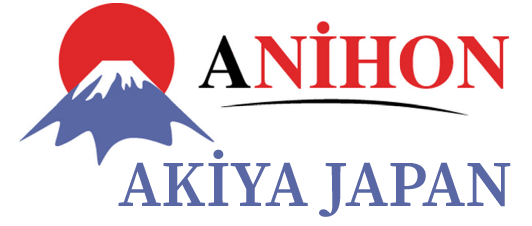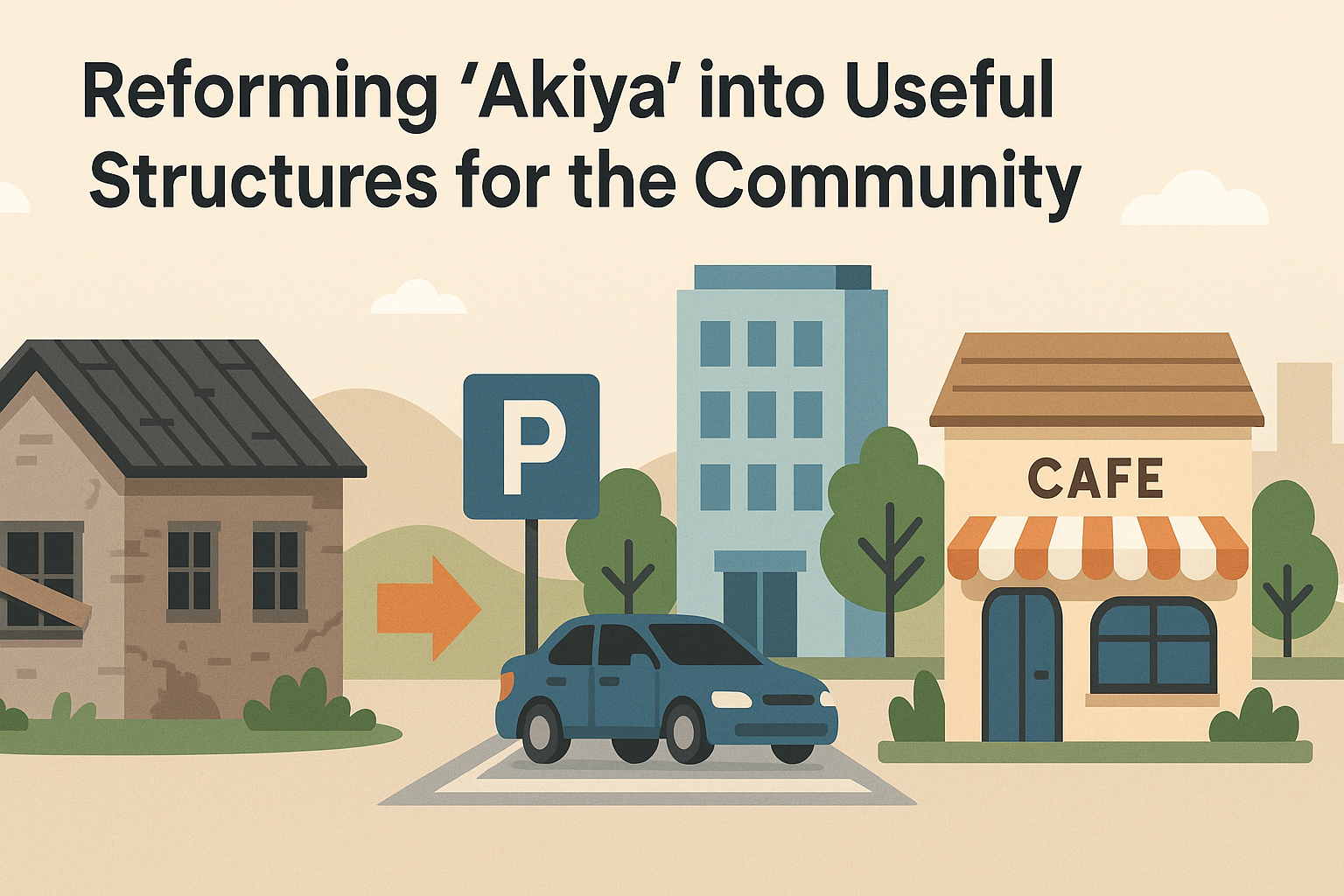Japan faces a growing challenge with more than 8 million vacant houses (akiya), a result of rapid population aging and rural-to-urban migration. These abandoned properties often deteriorate, becoming safety hazards and reducing the quality of life in surrounding communities.
Transforming Akiya into Beneficial Structures
Local governments and private initiatives are exploring ways to repurpose akiya into socially beneficial spaces. Some promising approaches include:
- Parking Lots: With increasing demand for parking in dense urban areas, converting akiya land into parking spaces can reduce traffic congestion and generate stable revenue.
- Company Offices & Co-working Spaces: The rise of digitalization and remote work has boosted the demand for flexible office solutions. Renovating akiya into small business offices or co-working hubs can revitalize local economies.
- Cafés & Cultural Spaces: Turning vacant houses into cafés, restaurants, or cultural venues helps attract younger residents and fosters social engagement within communities.
- Affordable Apartments & Hotels: Housing prices in Japan remain high in metropolitan areas. Replacing akiya with affordable apartments or small hotels offers solutions for low-income residents while also boosting tourism opportunities.
Social and Economic Benefits
Reforming akiya is not only an economic initiative but also a social transformation. It creates jobs, strengthens communities, and improves safety and living standards. In the coming years, Japan’s ability to creatively repurpose abandoned houses will be a key driver of sustainable urban and regional development.

